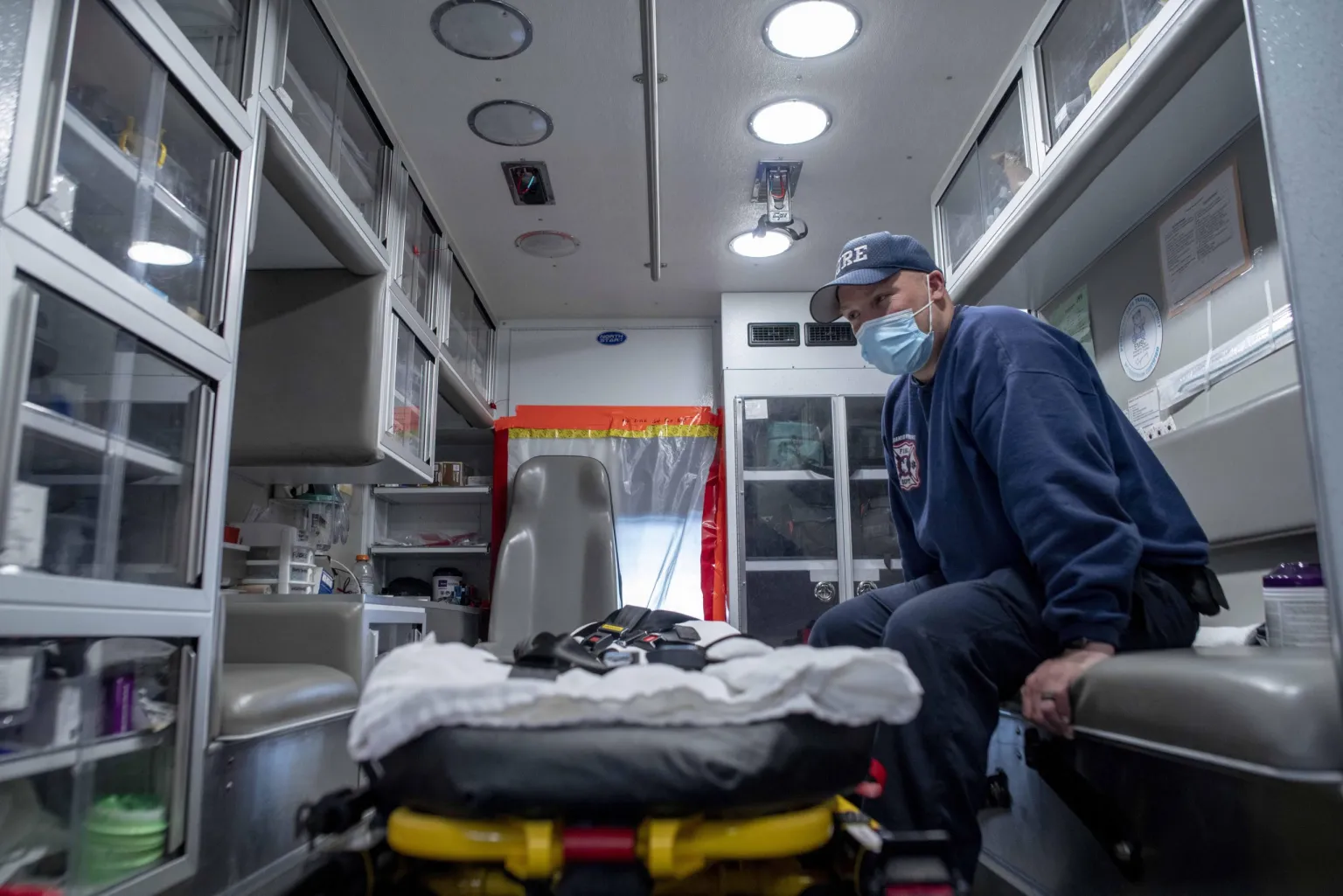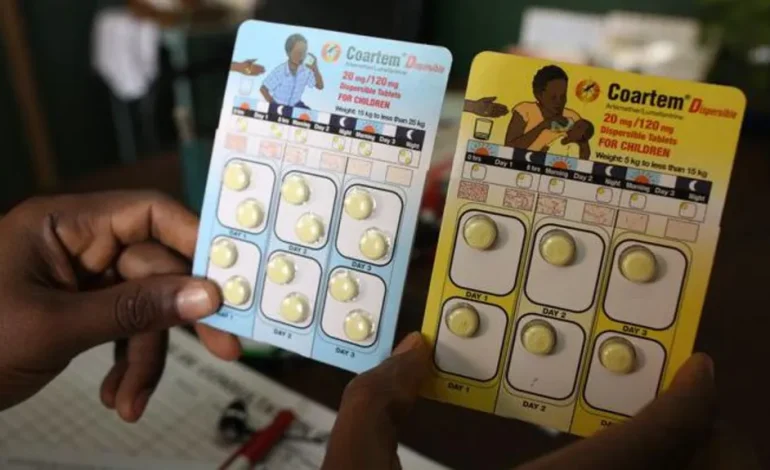A new malaria treatment specifically formulated for newborns and very young infants has received regulatory approval, marking a significant milestone in addressing one of the world’s most deadly infectious diseases.
The medication, developed by Swiss pharmaceutical company Novartis and known as Coartem Baby (or Riamet Baby in some countries), is the first approved antimalarial treatment suitable for babies weighing less than 4.5 kilograms (approximately 10 pounds).
Until now, infants have been treated using drugs designed for older children, which posed potential health risks due to inappropriate dosing. Babies process medication differently because of underdeveloped liver functions, and using unsuitable formulations increased the likelihood of overdose. This created a long-standing “treatment gap” for some of the most vulnerable patients.
In 2023 alone, malaria was linked to approximately 597,000 deaths, with children under the age of five accounting for about three-quarters of those fatalities. The vast majority of cases occurred in sub-Saharan Africa, where malaria remains a significant public health burden.
The newly approved formulation, which is dissolvable and designed to be easy to administer—even in breast milk—was developed in collaboration with the Medicines for Malaria Venture (MMV), a not-for-profit organization. Clinical trials and assessments included participation from eight African countries: Burkina Faso, Ivory Coast, Kenya, Malawi, Mozambique, Nigeria, Tanzania, and Uganda. These nations are expected to be among the first to roll out the treatment in the coming weeks.
Novartis stated that Coartem Baby will be distributed on a largely not-for-profit basis, helping to support equitable access in malaria-endemic regions. Company CEO Vas Narasimhan called the approval “an important moment” in a decades-long effort to expand effective malaria treatment options.
Health experts have welcomed the development. Dr. Marvelle Brown of the University of Hertfordshire emphasized that this could be a lifesaving intervention, particularly in areas with high mortality rates from malaria among infants. She also noted that equitable access, supported by not-for-profit distribution, could help address wider healthcare disparities.
Martin Fitchet, CEO of MMV, described the approval as a necessary addition to the antimalarial toolkit, offering targeted care for a previously underserved patient group.
“With the right resources and focus,” he said, “malaria can be eliminated.”
Approximately 30 million babies are born each year in African regions at risk of malaria, with some studies showing infection rates in infants under six months ranging from 3.4% to 18.4%. The introduction of an infant-specific treatment offers a promising new avenue for protecting this vulnerable population.










The latest news in your social feeds
Subscribe to our social media platforms to stay tuned